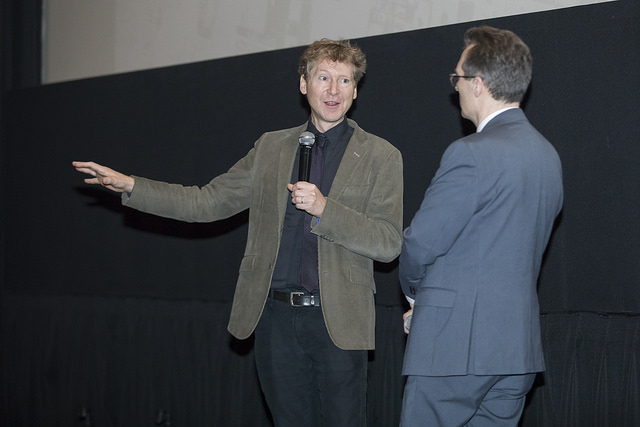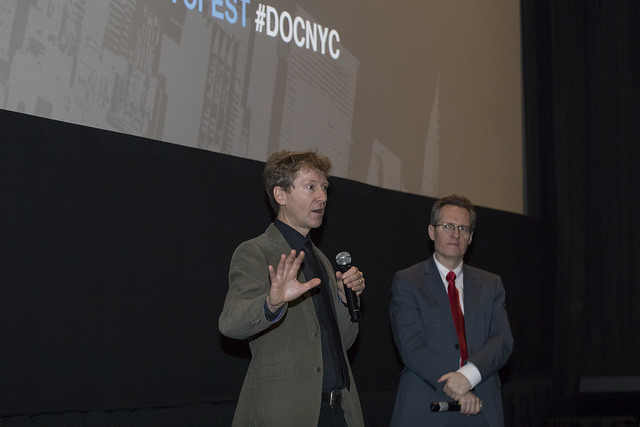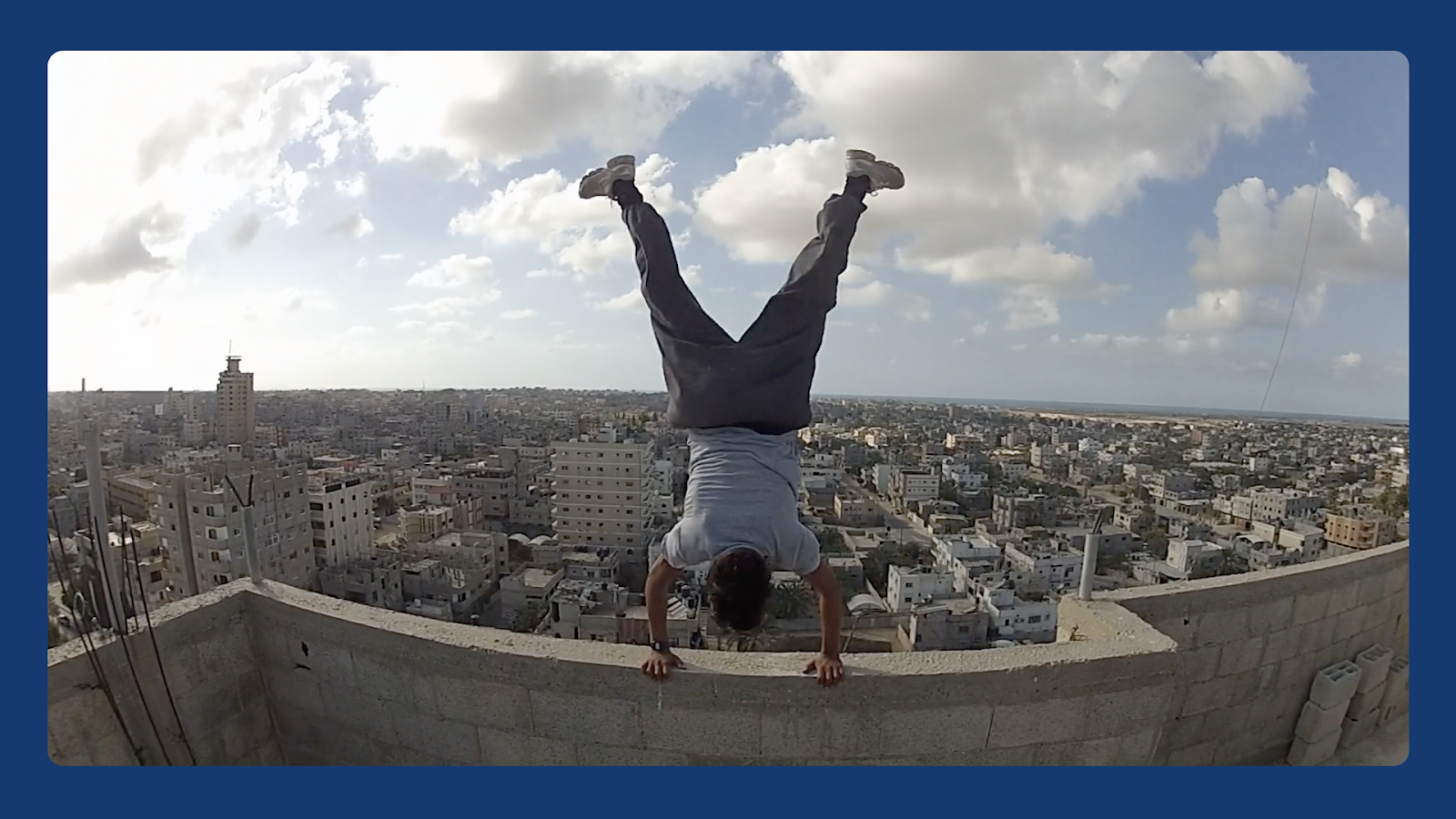Werner Herzog Fans the Flames with Into the Inferno Legendary director turns his lens on our epic fascination with volcanoes


Written by Megan Scanlon
Whether you’ve seen every Werner Herzog film or have just opened the door to the Werner Herzog portal, there was nothing to be lost in translation when DOC NYC Director of Programming Basil Tsiokos introduced Into the Inferno. “It’s by Werner Herzog so you have a sense of what that means. Werner is a singular filmmaker and he brings a special stamp to all the films that he makes. He takes a very interesting look at volcanoes themselves, what they inspire in others, what societies around them think about volcanoes, and how they’ve affected populations historically and archaeologically.”
Especially on the big screen, Into the Inferno is utterly fascinating in its scope. The vastness of the landscapes we see are somehow dwarfed by the immense power and indifference of the red sea of magma always moving beneath a surface that is presumed to be stable. This monumental level of indifference is met with an even greater, irrepressible and composed interest from Herzog, esteemed volcanologist Clive Oppenheimer, and characters throughout the film that are so clearly led by their curiosity and wonder. In taking on such risks they are kept safe less by fear, and more by reverence and respect for the volcanoes they greet and the communities that surround them. In a scene on the rim of a volcano, Herzog describes his meeting with a curious tribe of volcanologists, narrated as if it were an episode of Planet Earth and he were surveying a clan of dodo birds. As magma offshoots travel upwards, the volcano men give useful advice; rather than turning one’s back and running away and for imagined cover, it’s much more practical to face the volcano, watch the flying magma, and step aside, out of its way. From the hushed awe that vibrated through the theater, anyone in the audience who had not yet converted to the wonder of volcanology, was in that moment, a believer.
The film is bookended by Oppenheimer’s interviews with a Vanuatu chief, who asked, perhaps rhetorically, why these men were so interested in the volcano. The magnetism of Into the Inferno is that the question is explored, but not answered, because the truth is in the exploration. The film’s characters seem to possess a desire to get as close as possible to the source-without knowing what the source is and without needing to.
In a post screening conversation with Oppenheimer, who is a captivating comrade in the Herzog canon, he spoke of the multidisciplinary approach in learning about volcanoes, and how fascinating the relationship is in the space where the disciplines meet. He said, “The discipline interfaces with so many other fields, whether it’s art or literature or archeology, anthropology, climate science, and that’s what makes it a fantastic field to work in. Coming from a geological background the really interesting stuff is going on at all of these interfaces-there’s a lot of ways to approach volcanism and volcanology-and it’s one of the things we’re very mesmerized by. I could watch a half hour of a lava lake lamp and I think that is an echo of the experiences as a species-growing up in the Rift Valley hundreds of thousands of years ago in East Africa in the shadow of great volcanoes.”
Megan Scanlon works at the American University of Beirut. She has written for the DOC NYC blog, the Stranger Than Fiction documentary series, and the Journal of Community Engagement and Scholarship. Megan was a prescreener for the Margaret Mead Film Festival, and is a volunteer at the Bronx Documentary Center and DOC NYC. Follow her on instagram and twitter @


